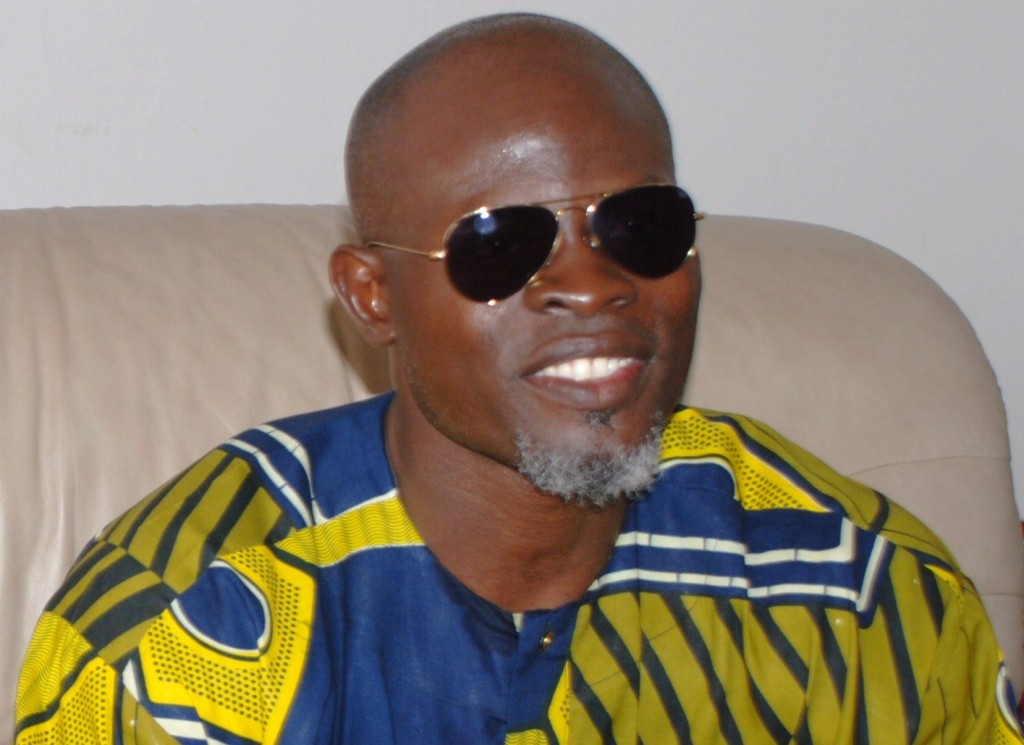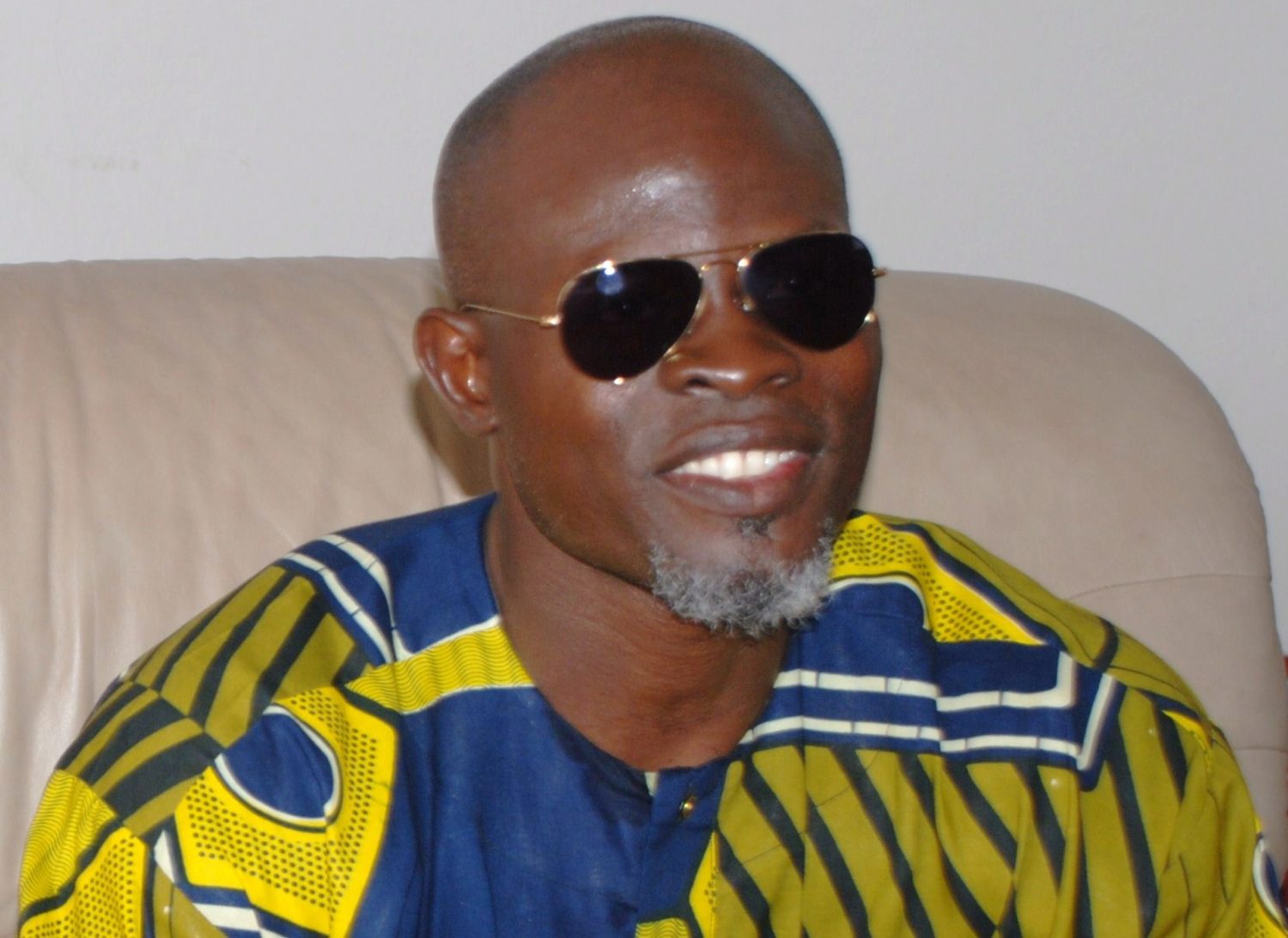Movie star Djimon Hounsou to play Gbêhanzin, the last king of pre-colonial Danxomê

BY LOU SIFA
In an interview with reporter Kam Williams posted on the web on January 30, 2009, Djimon Hounsou, the American movie star originally from Benin (previously Danxomê), West Africa who rose to fame thanks to his role in Steven Spielberg’s 1997 film Amistad, and later gained increased popularity with his critically-acclaimed performances in several other movies, said: “We have Africans and African Americans, contemporary men with great stories, great integrity, great heroes and nobody wants to see or hear about those African heroes and those African American heroes. One day, I will be in a position to play those great human beings on-screen.” Well, that is about to happen only seven years later with the planned shooting of a biopic in which Hounsou will play Gbêhanzin, the last king of pre-colonial Danxomê whose brave army, with the famous machete-wielding amazons, showed a heroic resistance to the far better-equipped French colonial army.
Hounsou was not offered the role. He chose it and looked for a screenwriter to make it happen.
According to Le Point Afrique magazine http://afrique.lepoint.fr, Hounsou contacted Beninese author and screenwriter Florent Couao-Zotti by phone at an undisclosed date through a common friend who has a passion for cinema. Couao-Zotti, who said he had been following Hounsou’s track record with excitement and even contemplated having him play the hero in his novel Notre pain de chaque jour, said he was pleasantly surprised by Hounsou’s “hesitant and soft voice” in his phone. The author remarked that the actor “has not lost his African habits,” saying: “Before discussing the reason why he called me, he first wants to make sure my family is doing well, though he does not know them.”
Then Hounsou got to the point and asked the screenwriter if he could produce a biopic of Gbêhanzin, the last king of pre-colonial Danxomê whose resistance to French colonization led to a prolonged war from 1890 to 1894 against the French army until the latter’s superior weaponry led them to victory. Hounsou wants nothing short of an in-depth work about the heroic monarch, one of the few to attempt to push away the colonial invaders: “He wants me to produce for him a scenario that thoroughly portrays the character, from his childhood to his death, including his reign and his deportation to Martinique,” Couao-Zotti reportedly said.
That was welcome news for the screenwriter who pointed out the perfect timing, saying that he was working on a cartoon about King Gbêhanzin with the assistance of a very talented young Beninese drawer. Both men later met in Cotonou, Benin, to discuss the project face-to-face.
The screenwriter reportedly said he was struck by Hounsou’s ability to listen, and describes the actor’s amazement at seeing excerpts from the video of the cartoon. Hounsou’s excitement went up dramatically when he saw the drawing of some of King Gbêhanzin’s amazons, the famous elite female warriors—who reportedly brought home from the war front the heads of decapitated enemies—battling the French army. The actor rose from his seat and exclaimed: “Yes, that’s what I wanted; tall, powerful amazons immersed in the action. Show this fascinating, yet fearful face of this special force. Make the Americans, the Beninese and the children of Africa dream.”
The two men met yet another time to iron out other details of the project, with shooting scheduled to start in late 2016. Another step in the amazing journey of an actor who went from zero to hero—in a process that seemed to have happened overnight.
After rising to fame in 1997, Djimon Hounsou gained stature thanks to his critically-acclaimed performances in In America (a 2003 film directed by Jim Sherida), and in Edward Zwick’s 2006 movie, Blood Diamond. He got an Academy Award nomination for both movies as Best Supporting Actor.
Hounsou is only the fourth African male, after the late Basil Rathbone from South Africa who passed away in 1967; the late South African-born Cecil Kellaway who died in 1973; and Egyptian-born Omar Sharif, to be nominated for the Academy Award. Hounsou has so far won more than a dozen awards including the 2007 NAACP Image Award for outstanding Supporting Actor in a Motion Picture for his performance in Black Diamond; the 1998 NAACP Image Award for Outstanding Lead Actor in a Motion Picture for Amistad, and the 2006 Sierra Award of the Las Vegas Film Critics Society for Best Supporting Actor, again for his role in Blood Diamond. He has been nominated for a dozen other prestigious awards.


